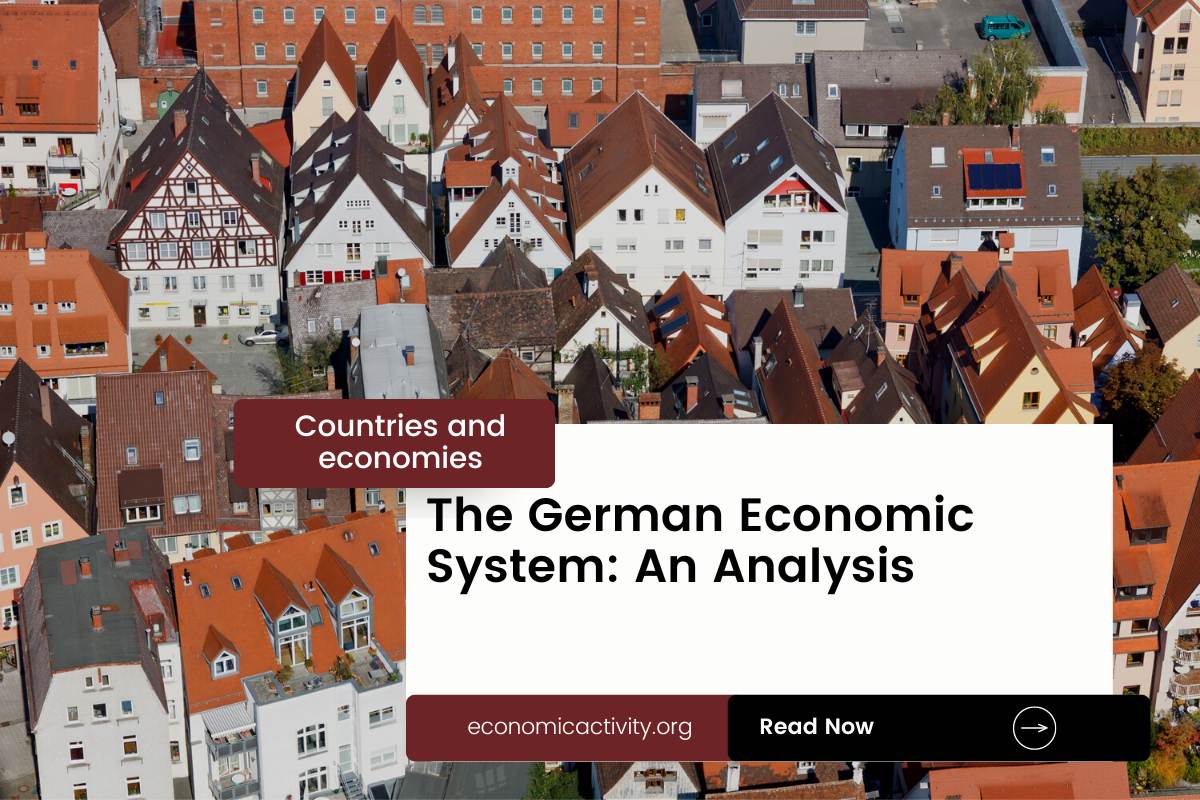What is the economic system of Germany? The economy of Germany is based on a mixed economy, that resembles a market economy. The country’s economic system combines elements of a market economy and a planned economy, individuals are free to work, produce, consume, and invest in any way they please.
In Germany, the economy comprises a private sector, consisting of individuals and businesses that make autonomous decisions based on self-interest, and a public sector, where the state determines the production and distribution of specific goods and services. No country is purely capitalist or purely communist.
What do the freedom indexes tell about the economic system of Germany?
To determine if a country is mostly a market economy or a planned economy, it is useful to examine some economic indexes. For instance, according to the 2022 Index of Economic Freedom, which measures the ability of every human to control his own labor and property, Germany is ranked 16th globally and 11th in Europe indicating that the country has a mostly free economy.
In a similar way, the 2022 Freedom House index evaluates the state of political rights and civil liberties globally. Generally, market economies tend to align more with democracy and freedom, while command economies tend to be characterized by greater state control and fewer democratic and civil liberty protections. Germany gets a score of 94/100, which qualifies it as Free.
Germany is a country where the government does not control what people do for political reasons, and people have the freedom to choose (what, how much, and how to produce, whether to buy or not, selling price, etc.)
The Link Between Public Sector Employment and the Economic System of Germany
An indicator of the extent to which the State is involved in the economy is the number of public sector employees. In Germany, according to ILOSTAT, the number of public sector employees as a percentage of the total workforce is 12.9% (2013).
In the country, the public sector tends to be small and efficient. As result, the number of public sector employees as a percentage of the total workforce is low compared to other countries.
What does the biggest company in Germany say about the country’s economic system
The biggest company in Germany should also be looked at, as well as whether it is a state-owned or private company. In this case, SAP is a German company categorized as private. It is owned by shareholders, and not by the government. It is not a mixed private-public company. The company develops enterprise software to manage business operations and customer relations.
More: Top 10 Biggest companies by revenue in Germany
The historical factors that have influenced the economic system of Germany
The mixed economy system of Germany in the last century is the result of a combination of factors, including the post-WWII economic recovery, the introduction of the Euro, and the rise of globalization. These factors have allowed Germany to become a major economic power, with a strong manufacturing sector, a competitive export market, and a vibrant service sector.





Leave a Reply